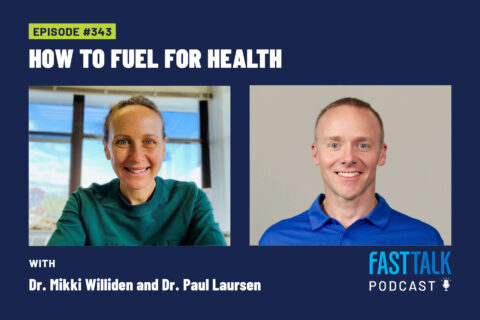
How to Fuel for Health
There’s an important difference between fueling for performance and fueling for health. In this episode, Dr. Mikki Williden and Dr. Paul Laursen give their suggestions on how to fuel for health.
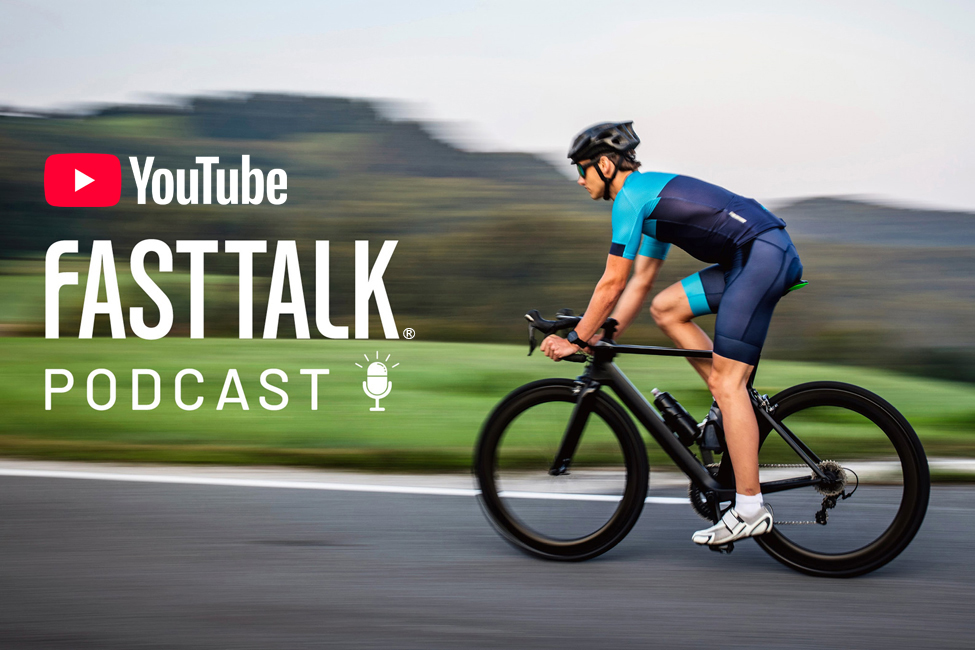
The Fast Talk Podcast focuses on the science of endurance sports in a conversational and informative style. Mixed into the deep discussions, there are tips and takeaways regarding endurance training philosophy, human physiology, workout design, performance nutrition, and sport psychology.
Our hosts Trevor Connor, Chris Case, and Griffin McMath explore these topics with world-class, leading experts on endurance sports. These include researchers like Dr. Stephen Seiler, Dr. Bent Ronnestand, Dr. Inigo San Millan, as well as coaches such as Joe Friel, Neal Henderson, Stacy Sims, and Grant Holicky.
Subscribe to Fast Talk for over 389 episodes on Apple Podcasts, Overcast, Soundcloud, Spotify, Stitcher, or wherever you get your podcasts.
Fast Talk Podcast is now on YouTube! Subscribe now to get 100+ of our best episodes, new releases, and featured videos.

There’s an important difference between fueling for performance and fueling for health. In this episode, Dr. Mikki Williden and Dr. Paul Laursen give their suggestions on how to fuel for health.
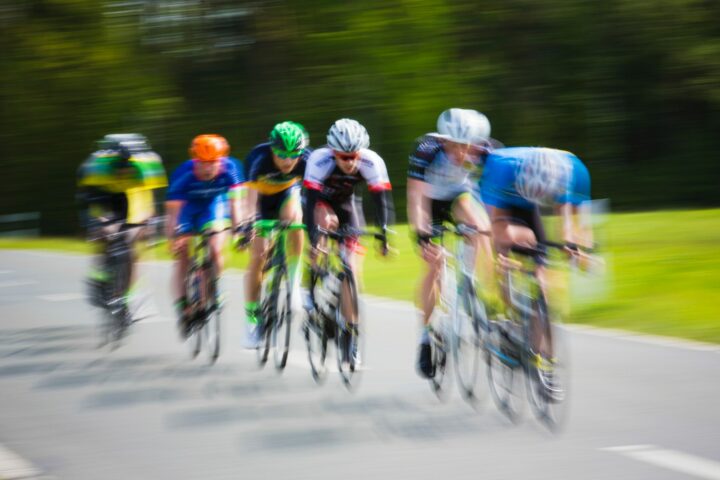
High-intensity training offers many benefits. It also has limitations. We explore just how much HIT work you need to perform at your best.
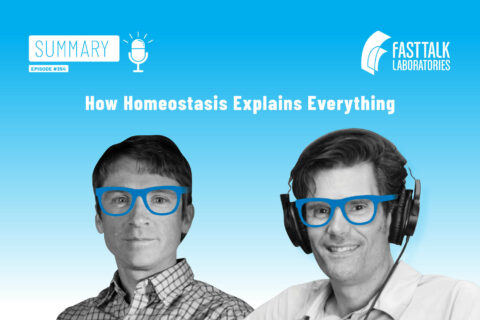
In this summary episode we discuss how homeostasis is at the core of almost every function in our bodies, including how we train and stay healthy.
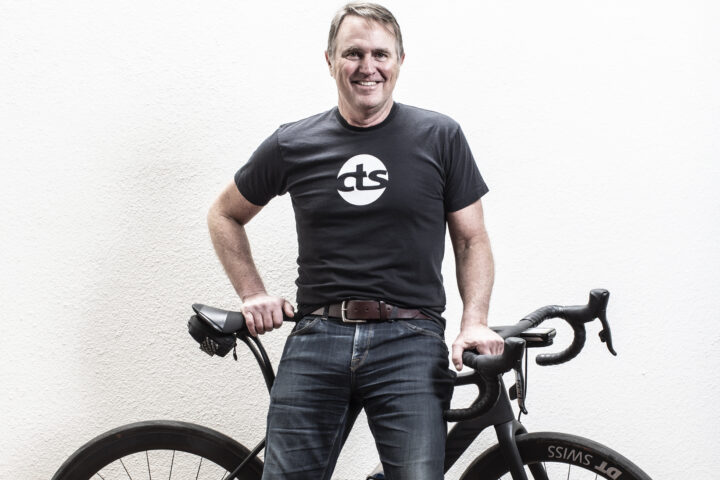
The author of “The Time-Crunched Cyclist” joins Fast Talk to discuss the science, merits, and limitations of the time-crunched training method.
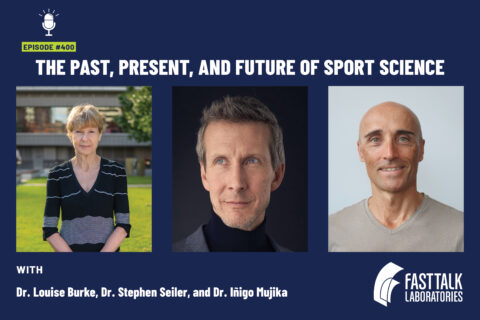
For our 400th episode we invited three of the most prominent names in exercise physiology to discuss where we are and where we’re going in endurance sports science.
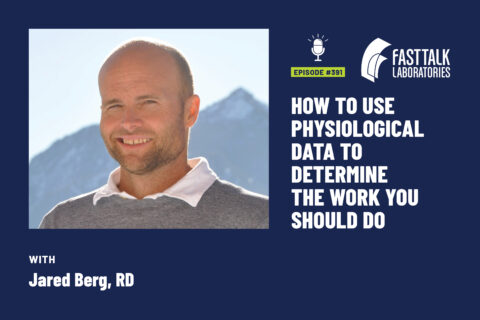
Physiologist Jared Berg talks with us about how he uses both in-lab and on-the-road testing to determine what type of work an athlete should focus on.
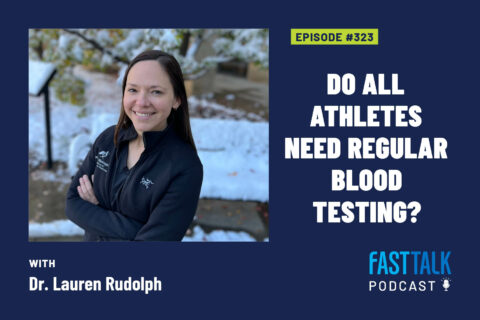
Blood tests can help tell whether an athlete is overtrained or performing at their best, but is it a good idea for athletes to do regular testing? We discuss with Dr. Lauren Rudolph.
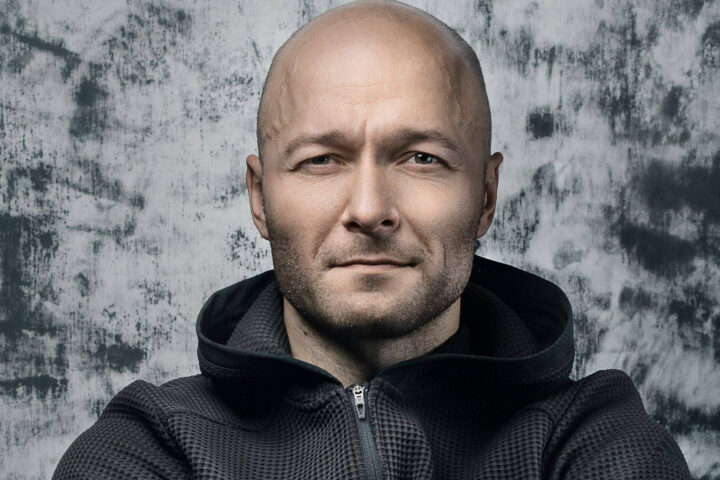
Janis Musins helps us answer questions on time trial pacing, TT position, INSCYD testing, and the coach-athlete relationship.
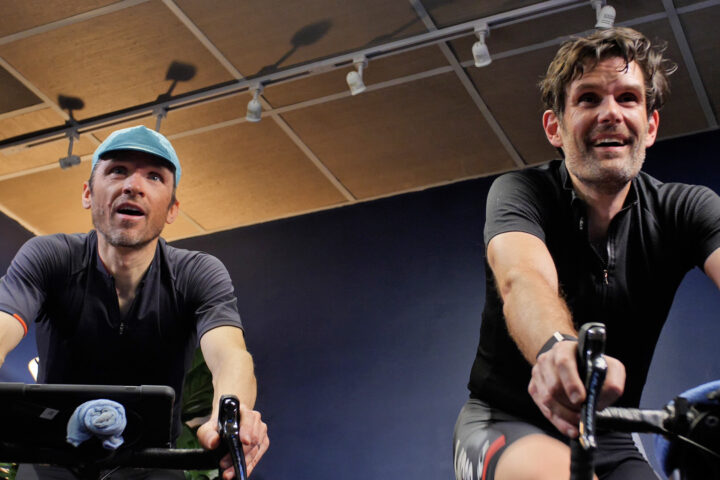
We compare and contrast various test methods based on three key aspects: 1) the protocol, 2) the data the test provides, and 3) the analysis you can perform with that data.
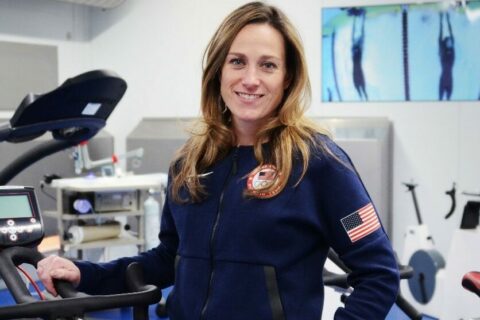
Physiologist Lindsay Golich, who works with some of America’s best Olympic athletes, helps us field questions on heat, altitude, FTP testing, fasted training, and much more.
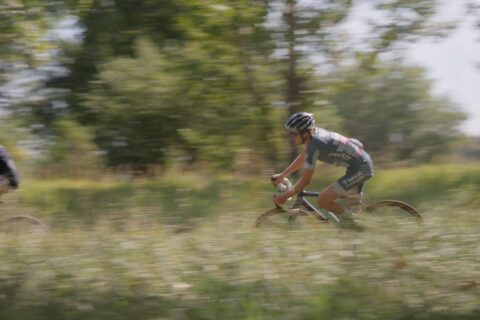
How accurate are threshold numbers? And why is it so difficult to find accurate threshold numbers? We discuss several common ways to find your threshold and their pros and cons.

Q&A on FTP testing, structuring recovery weeks, and the sustainability of base training, with guest coach Steve Neal

Why do we have rest periods at all? In this episode we dig into the details of this question, along with examining different interval types and the appropriate rest for each.
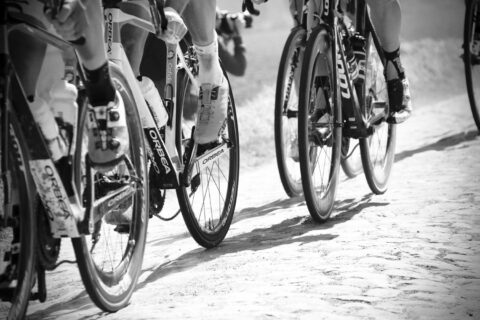
In this episode we look at the big picture when it comes to training in zones, or ranges, versus training a target number. Because what number is best?
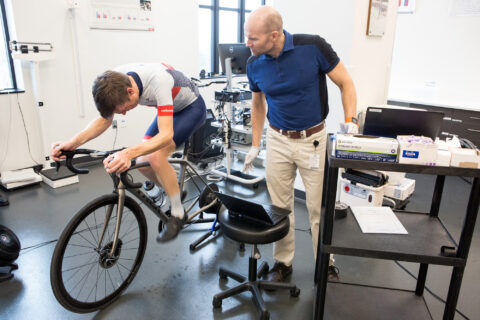
In episode 92, we answer questions on how to structure your training, overtraining, and laboratory testing.
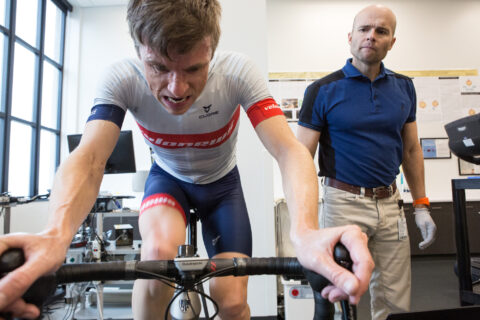
We talk with exercise physiologist Jared Berg about the value of athlete physiology testing like VO2max and lactate testing at the University of Colorado Sports Medicine and Performance Center.
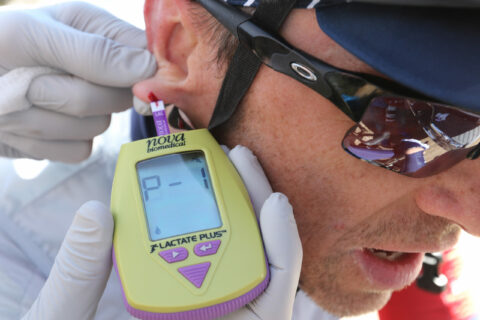
In episode 67 we talked with Sebastian Weber about the concepts of VO2max and VLamax. Now, we discuss how to balance the two systems.
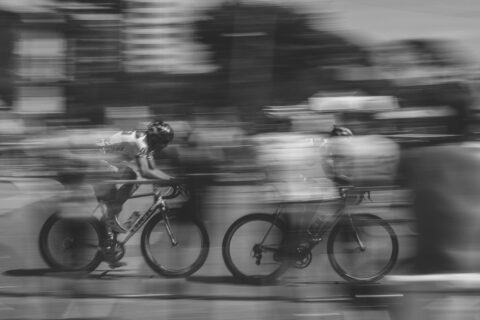
This episode we take a close look at Sebastian Weber’s concept of VLamax to improve your training.
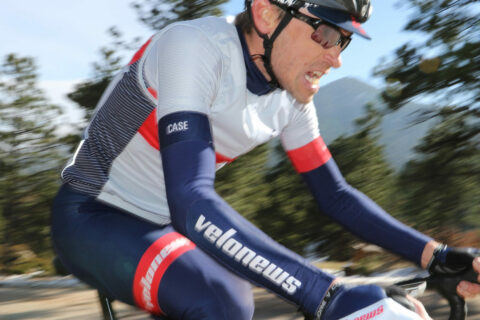
Ouch, it burns! But what causes that burning sensation in our muscles when we work out? Dr. Inigo San Millan and Caley Fretz reveal new science on lactic acid and “the burn”.